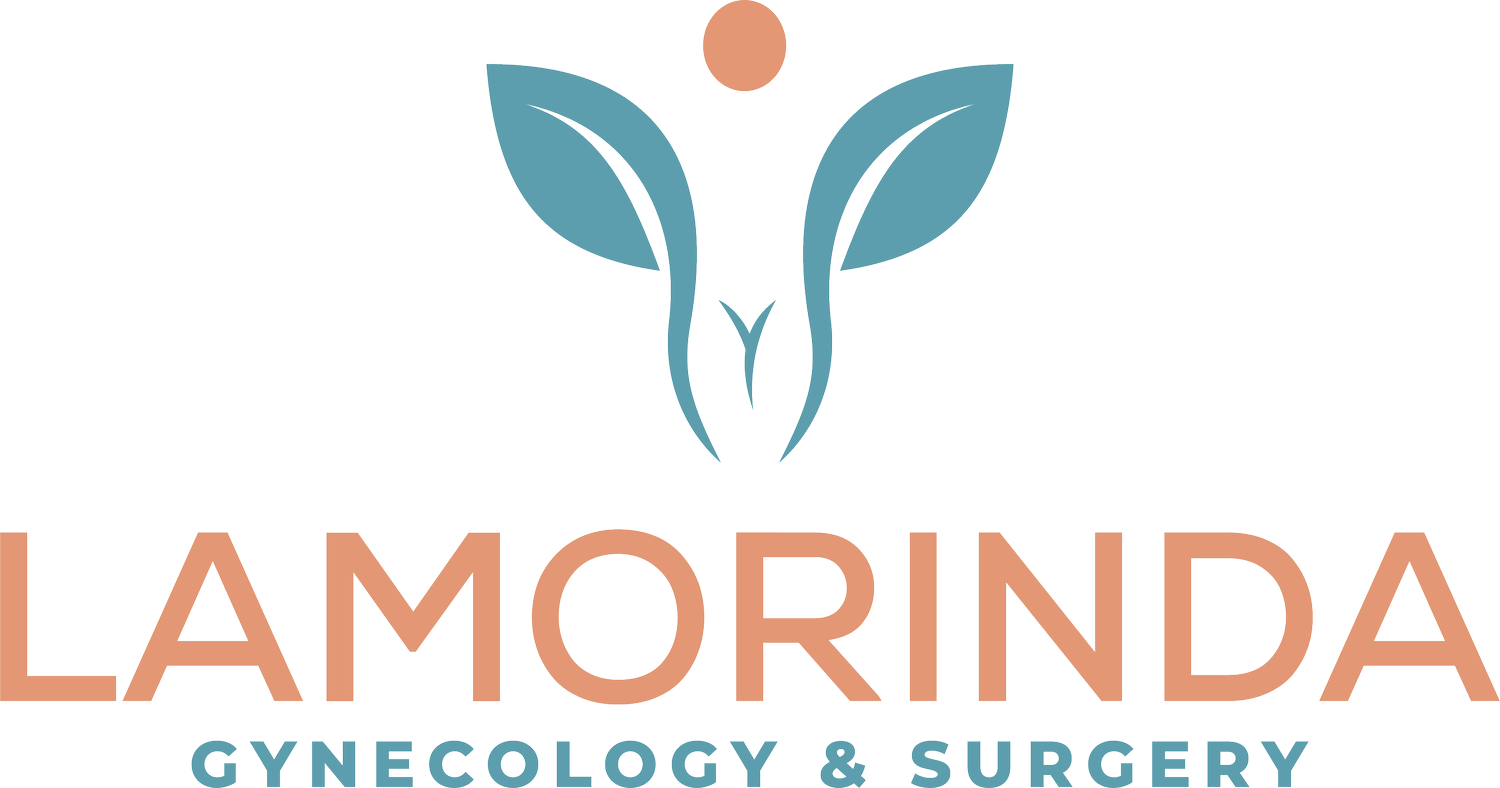Beyond Water and Fiber: Addressing Constipation in Women
Constipation is a common yet often overlooked issue affecting women, and while increasing water intake and dietary fiber are well-known remedies, they might not always be sufficient. As a gynecologist, I regularly discuss this less glamorous but crucial health topic with my patients. Here are three key considerations if you're struggling with constipation despite a healthy diet.
Rectocele: Often a result of pelvic organ prolapse, a rectocele is an outpouching of the rectum. This condition can develop from factors like childbirth and heavy lifting, leading to a loss of rectal tone and subsequent constipation. It’s important to discuss this possibility with your gynecologist during your next exam.
Ovarian Cysts or Fibroids: These growths can exert pressure on the rectum and sigmoid colon, causing constipation. If you haven’t had a pelvic ultrasound recently and are experiencing constipation, it may be time to check for these conditions.
Irritable Bowel Syndrome (IBS): This gastrointestinal disorder, characterized by alternating constipation and diarrhea, is often overlooked in women. Dietary adjustments can significantly alleviate symptoms, so consider consulting a gastroenterologist if you suspect IBS.
Constipation impacts 12-15% of Americans, with women being disproportionately affected. Understanding these less commonly known factors can be the key to effective treatment and relief. Don't hesitate to discuss these possibilities with your healthcare provider and take control of your digestive health.
Remember, your well-being is paramount, and no topic is too minor to address with your doctor.
If you are in California and you are looking for an expert gynecologist, come and see me!
I'm in Lafayette, CA and the contact number is 925-74-7473 , and I'll be happy to see you for a consultation.
You can set up a coaching session with me, email: thefibroiddoc@gmail.com , and we can set up a time and go over all your questions.
For more educational videos like this, visit our YouTube channel.
